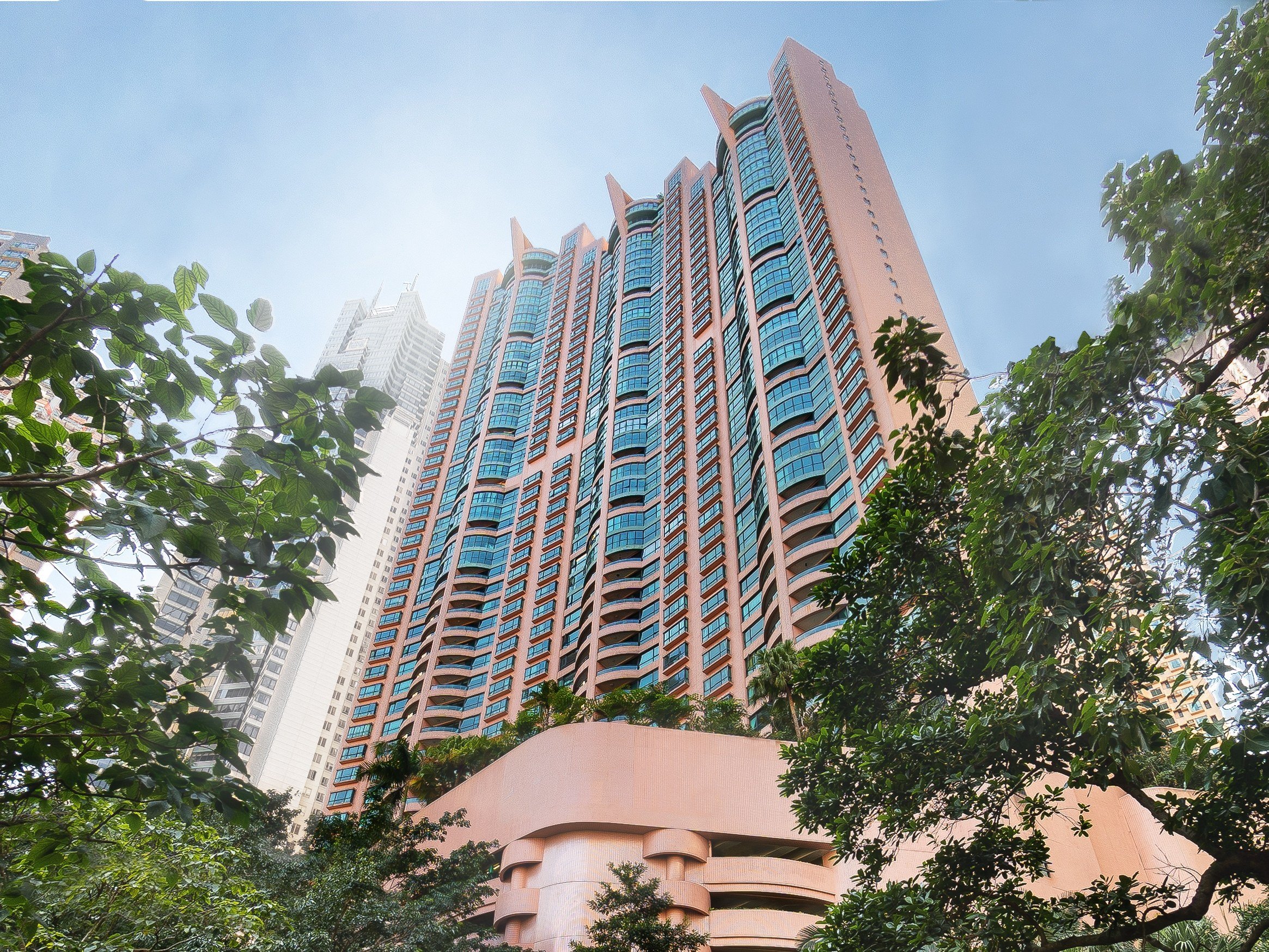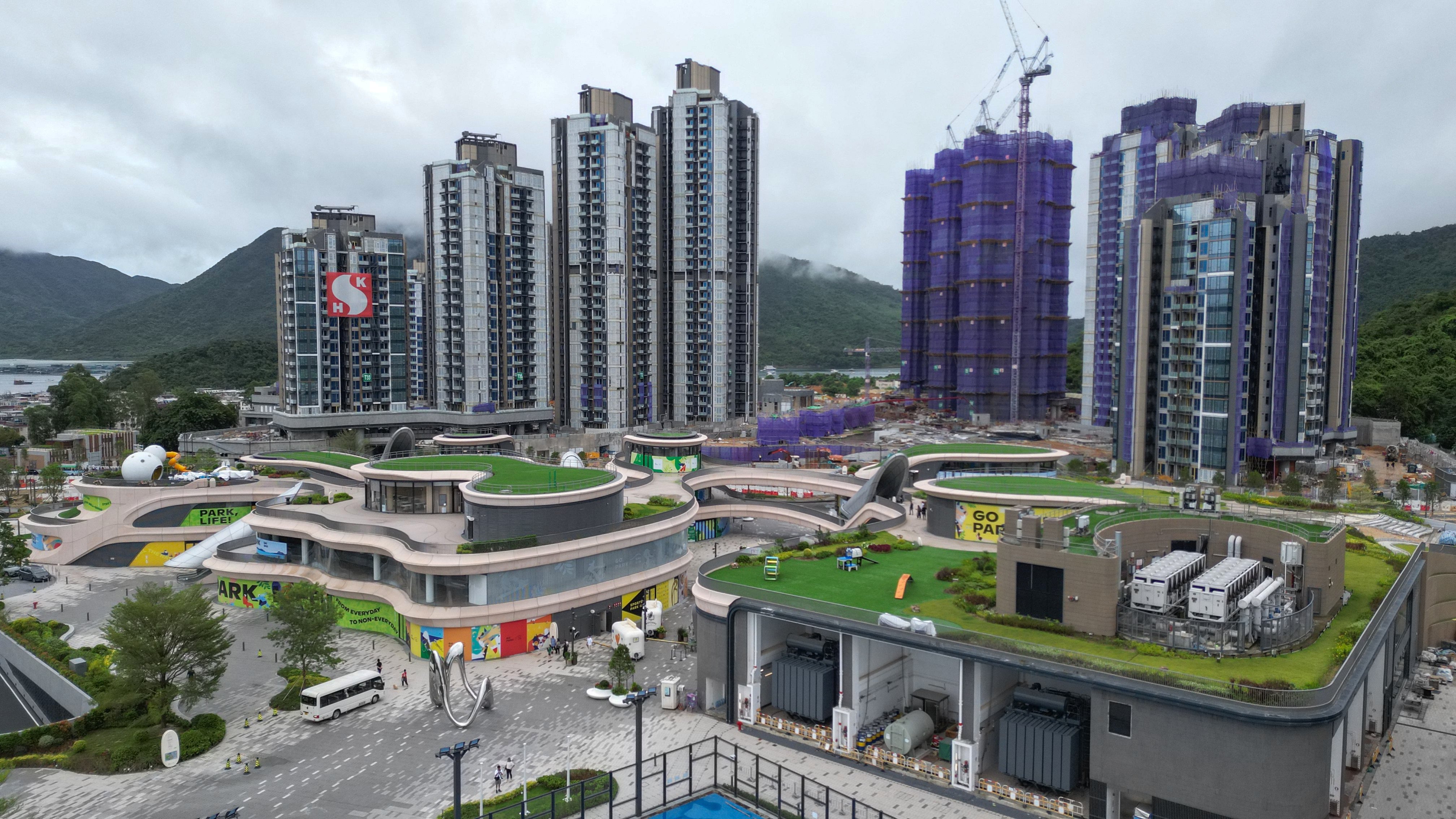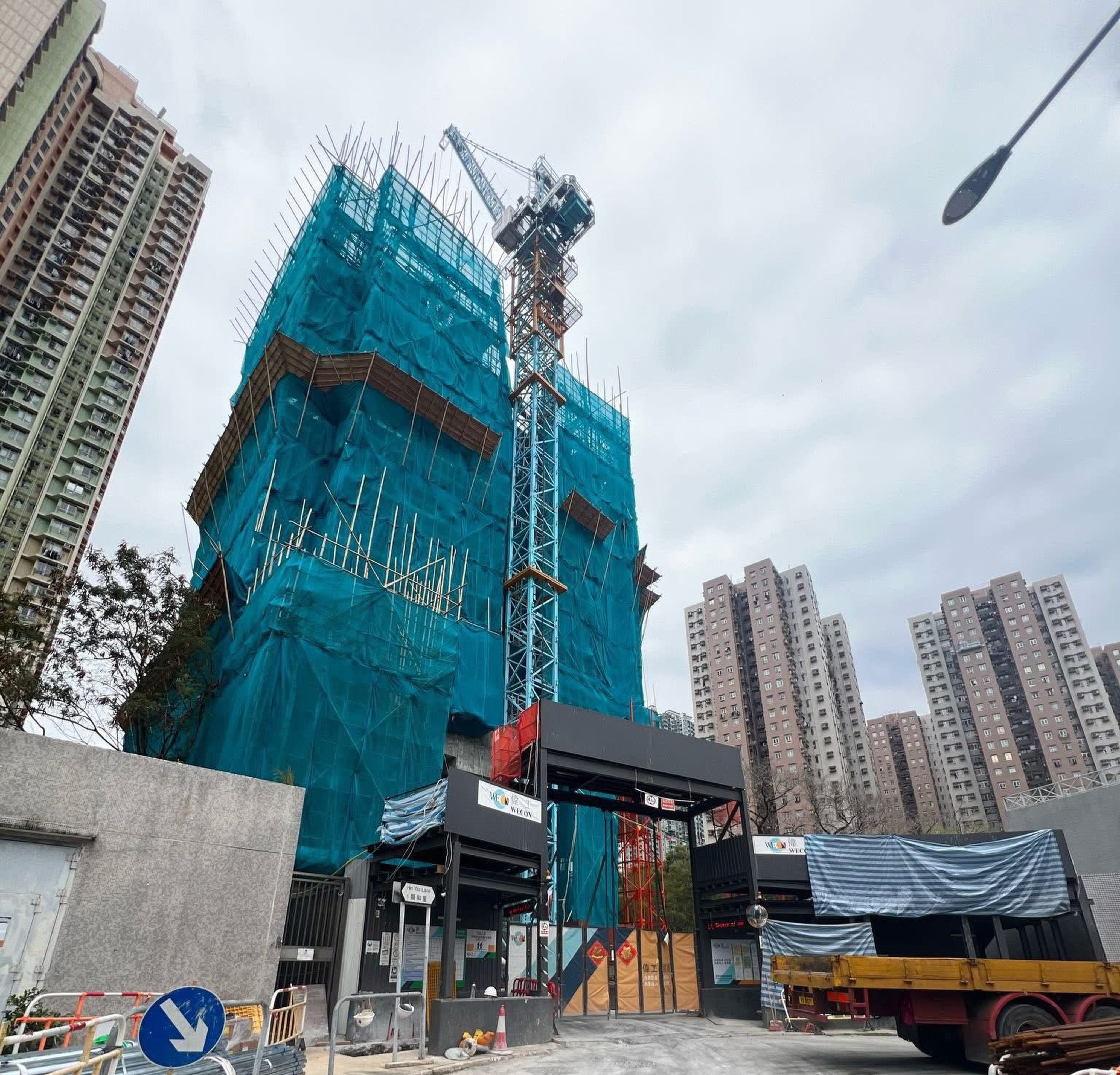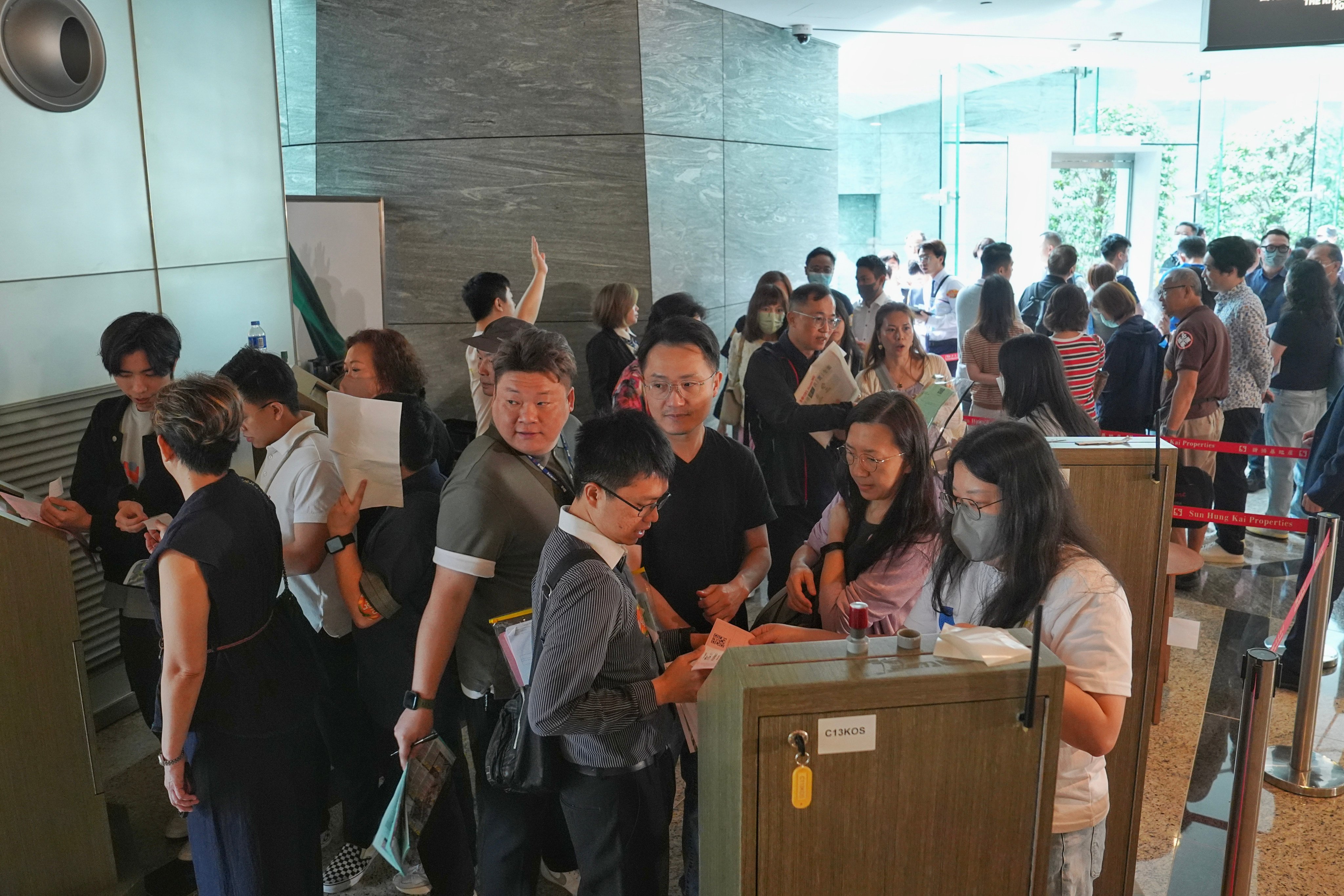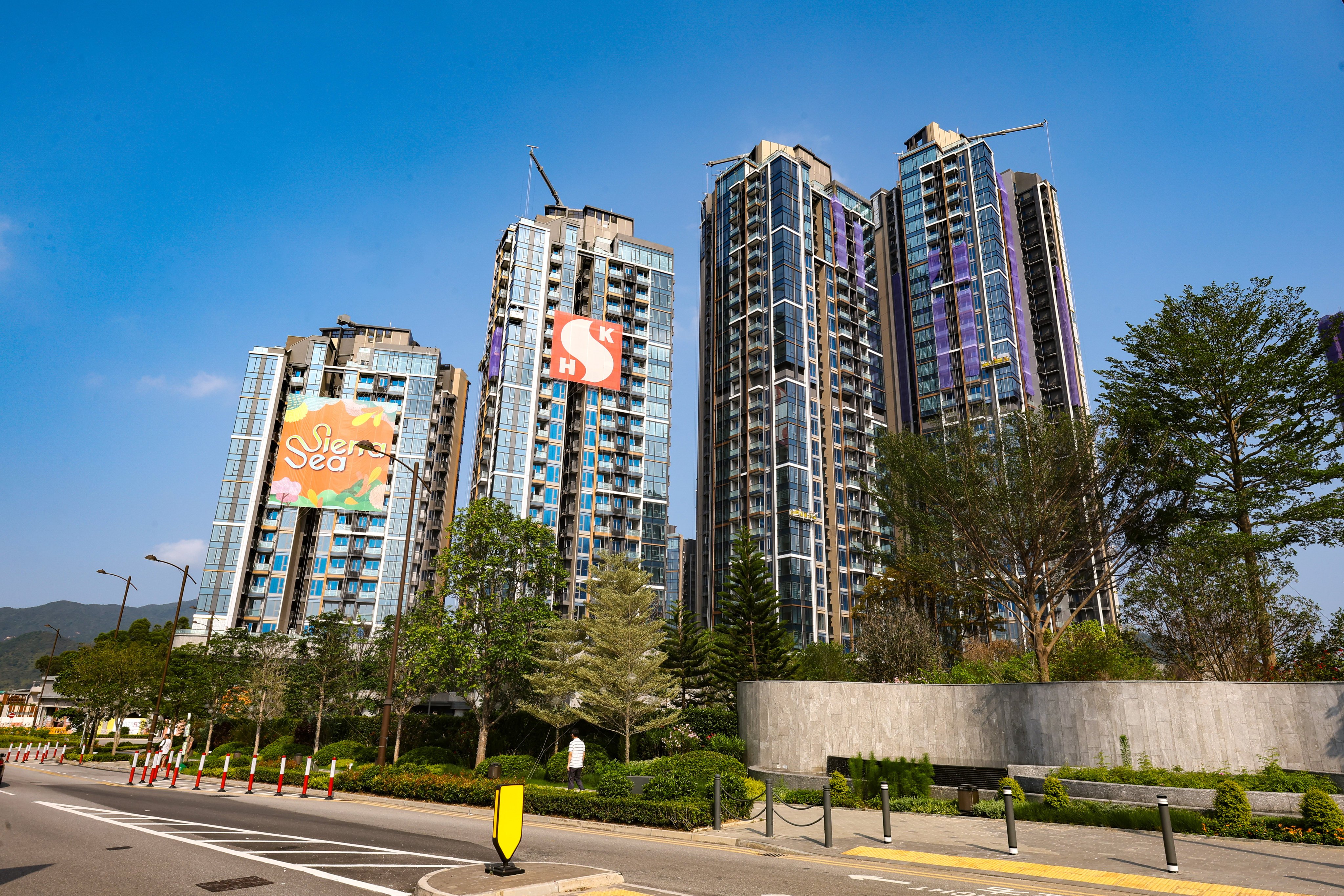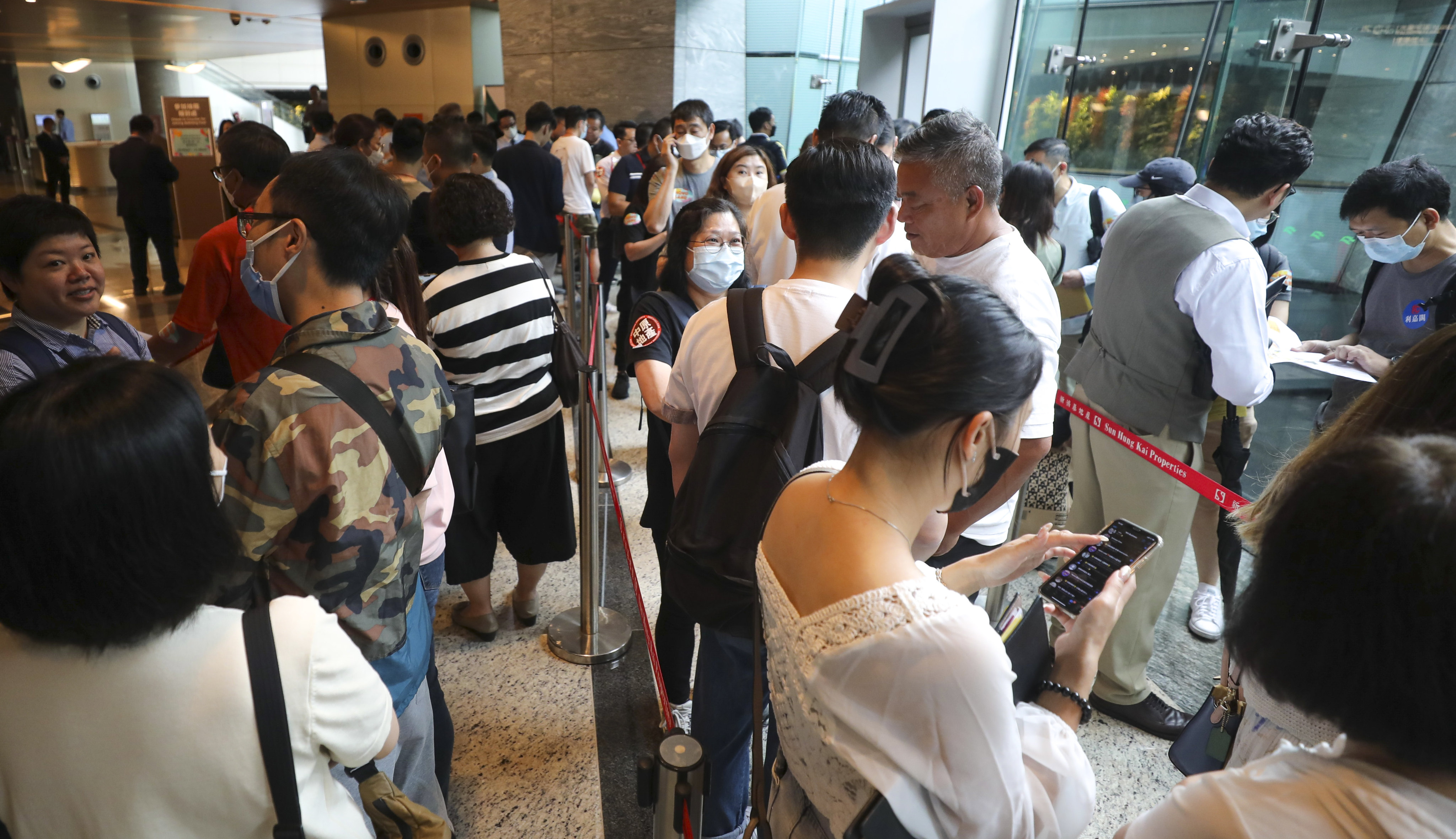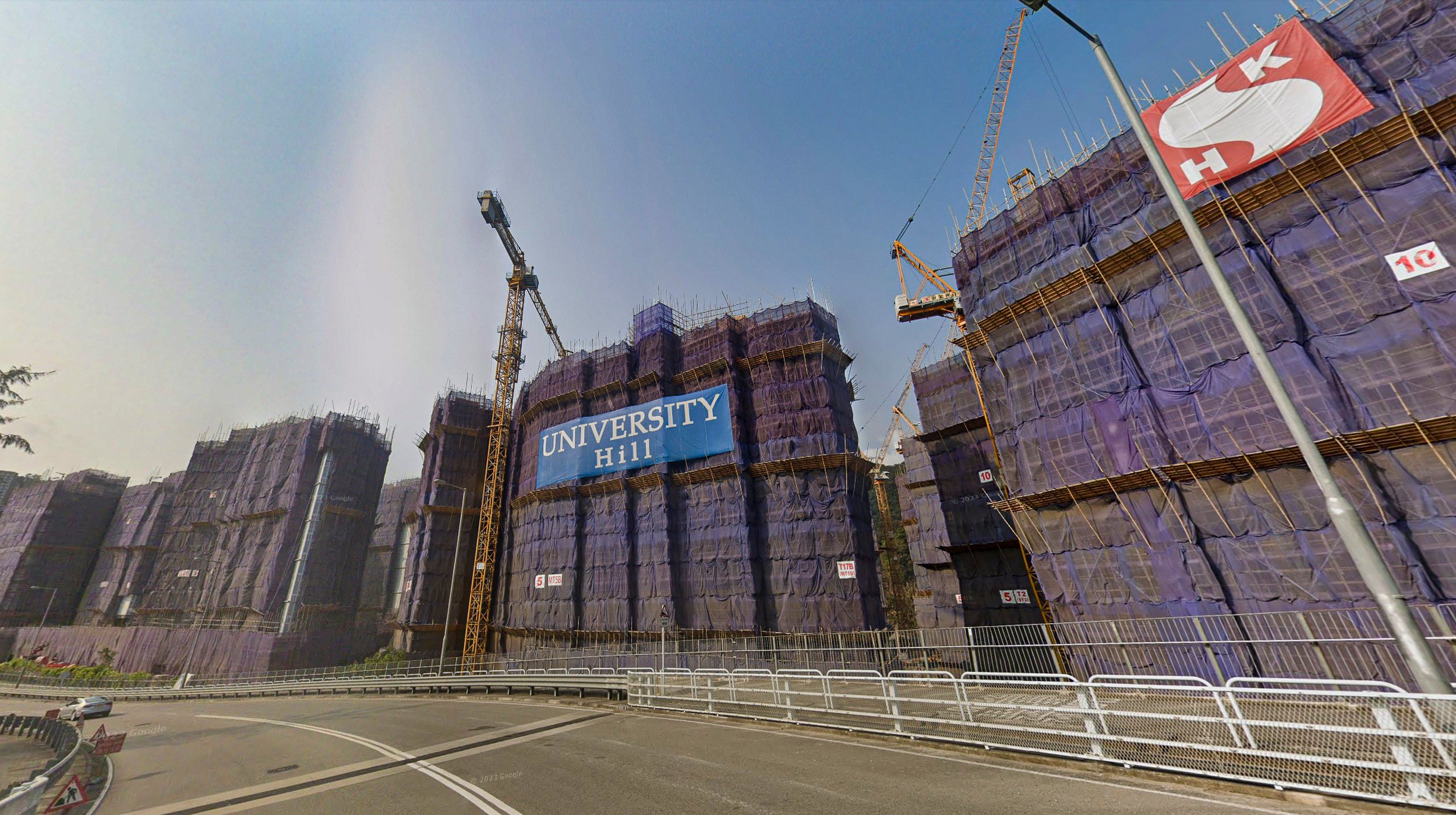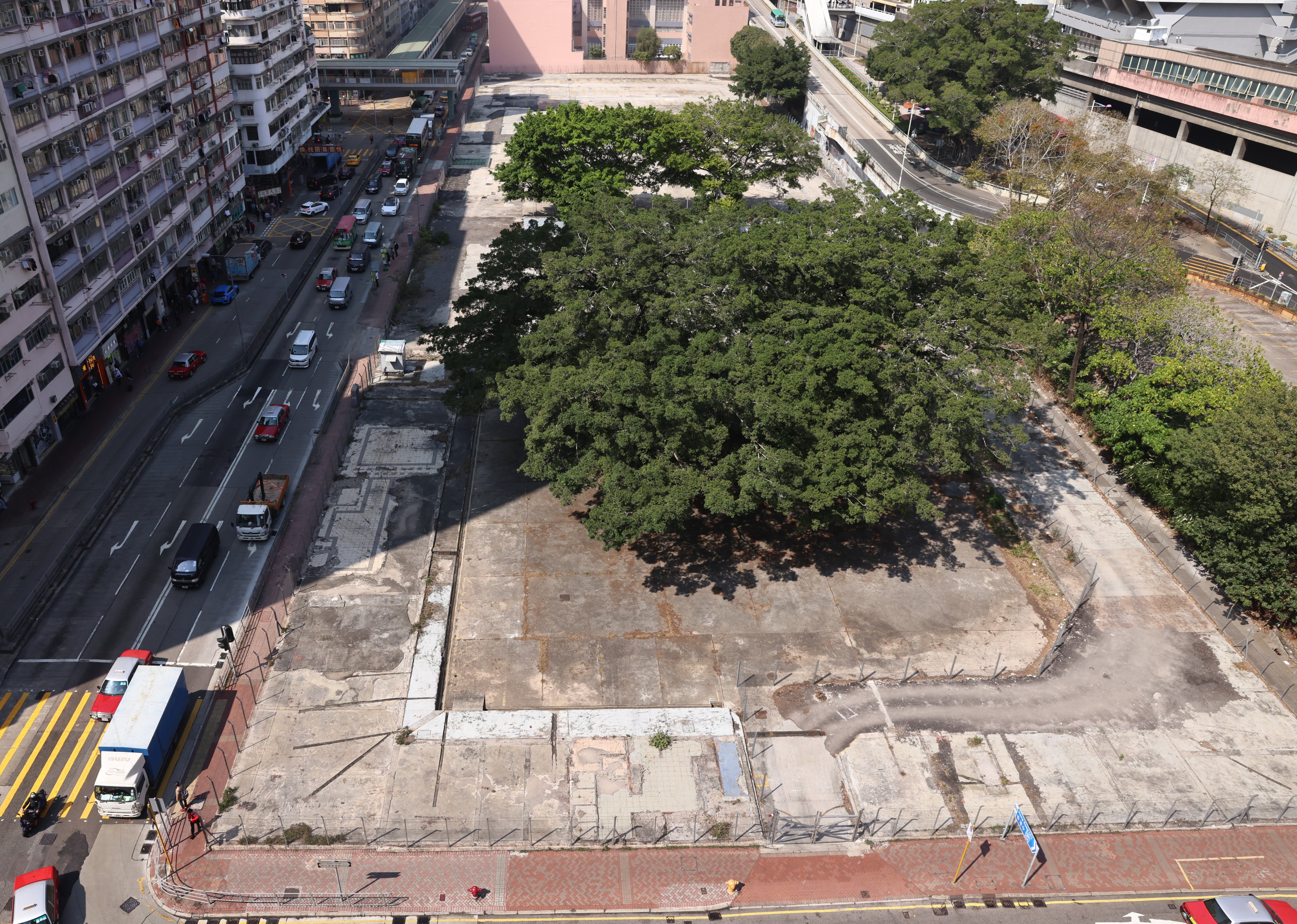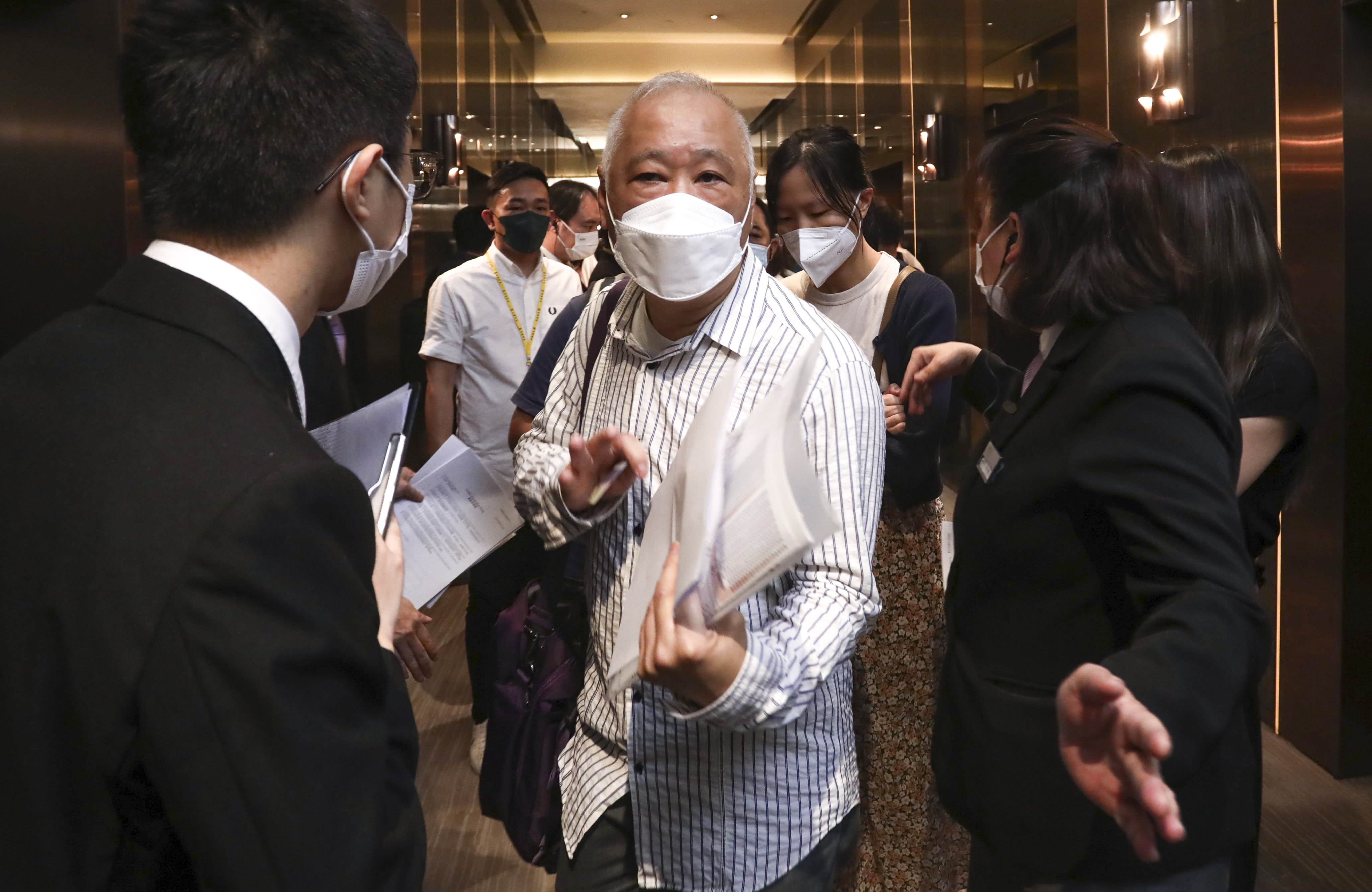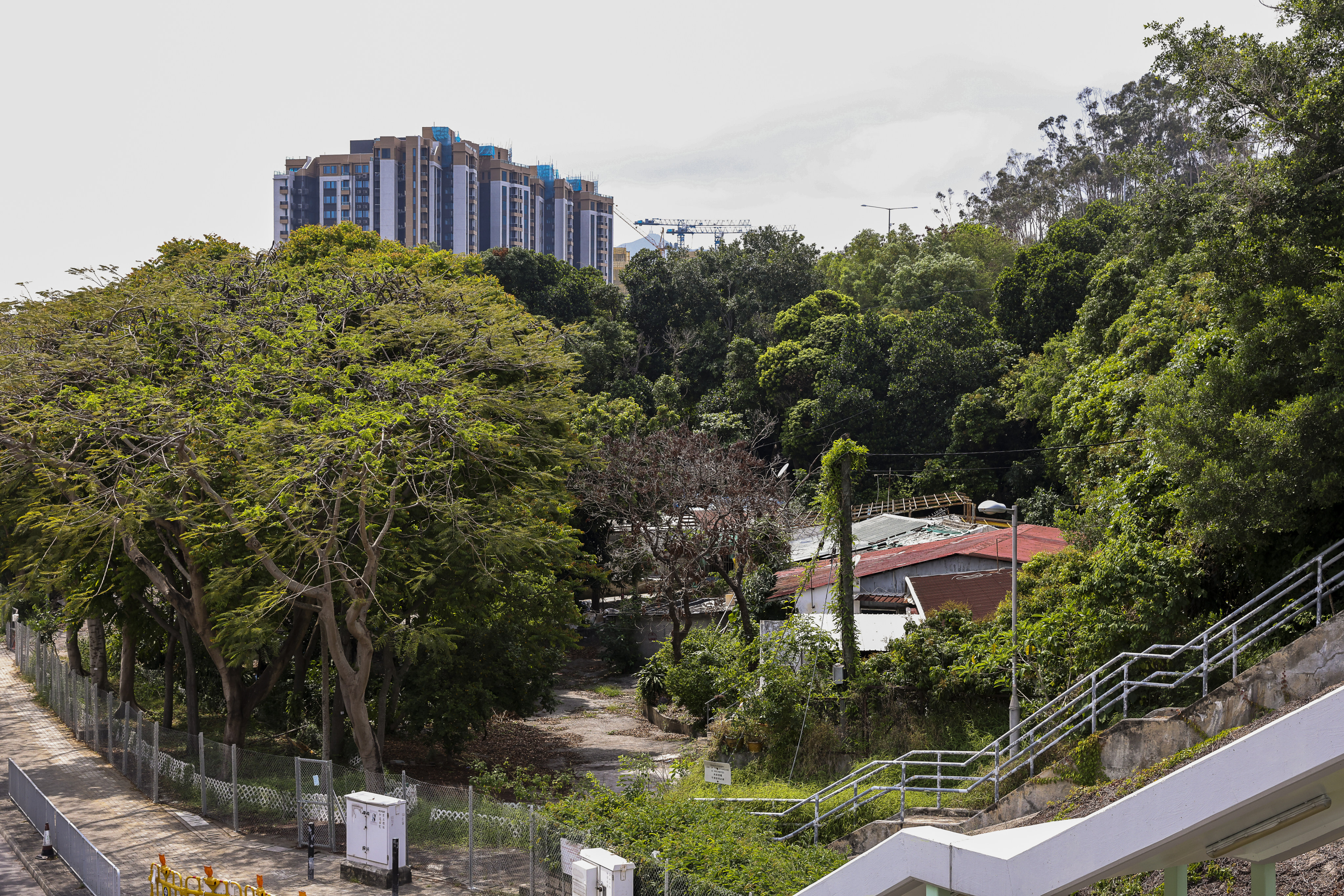
TOPIC
/ company
SHKP

SHKP
Sun Hung Kai Properties is one of Hong Kong’s largest property groups, with revenue of HK$68.4 billion in the 2011-2012 financial year, and profit attributable to shareholders of HK$43.08 billion. The company has been shaken in recent years by disputes between family members, with chairman and chief executive Walter Kwok being forced to step down in a dispute with his brothers Thomas and Raymond. In March, the Independent Commission Against Corruption (ICAC) arrested senior officials as part of a corruption probe that also included former chief secretary Rafael Hui.
Advertisement
Advertisement
Advertisement
Hong Kong developers lower prices to generate sales amid interest rate hikes, high supply
Sun Hung Kai Properties on Sunday set the starting price for a 217 sq ft flat at its Silicon Hill project at HK$3.85 million in its latest price list. This was lower than the HK$4.97 million it asked for a 291 sq ft flat in the first round of sales on June 3.
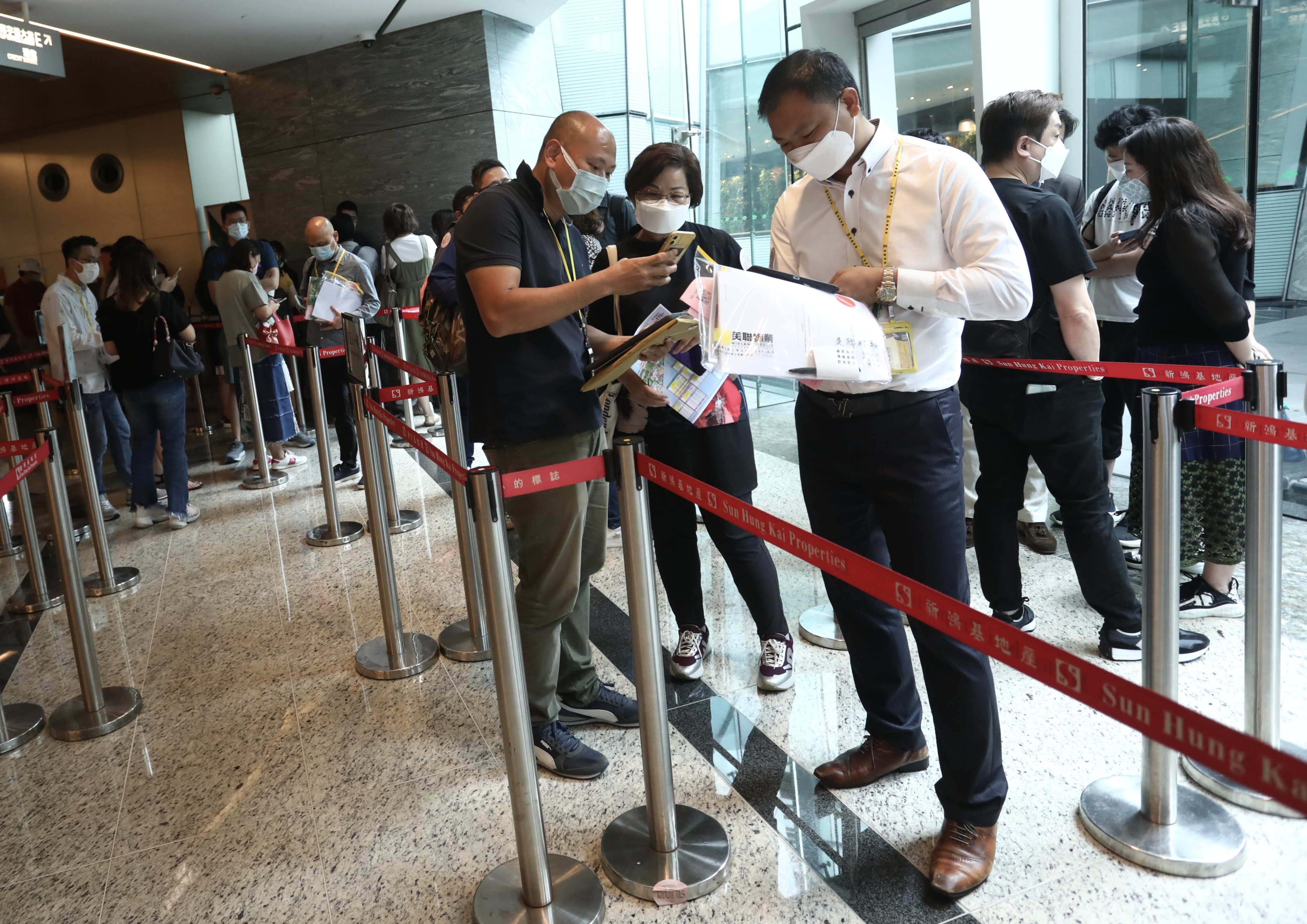
Help preserve 120 years of quality journalism.
SUPPORT NOWAdvertisement
Advertisement
Advertisement
Advertisement
Advertisement
Advertisement
Advertisement
Advertisement
Advertisement
Advertisement
Advertisement
Advertisement
